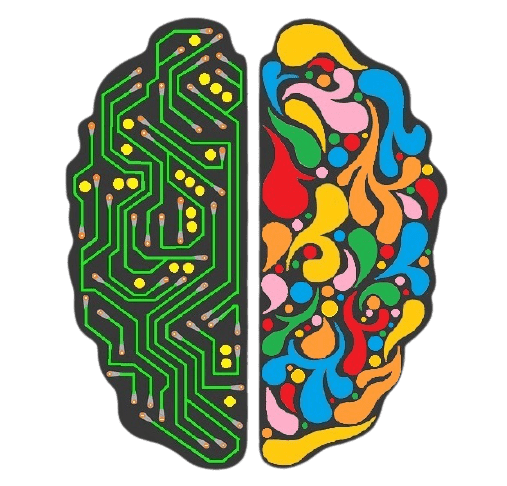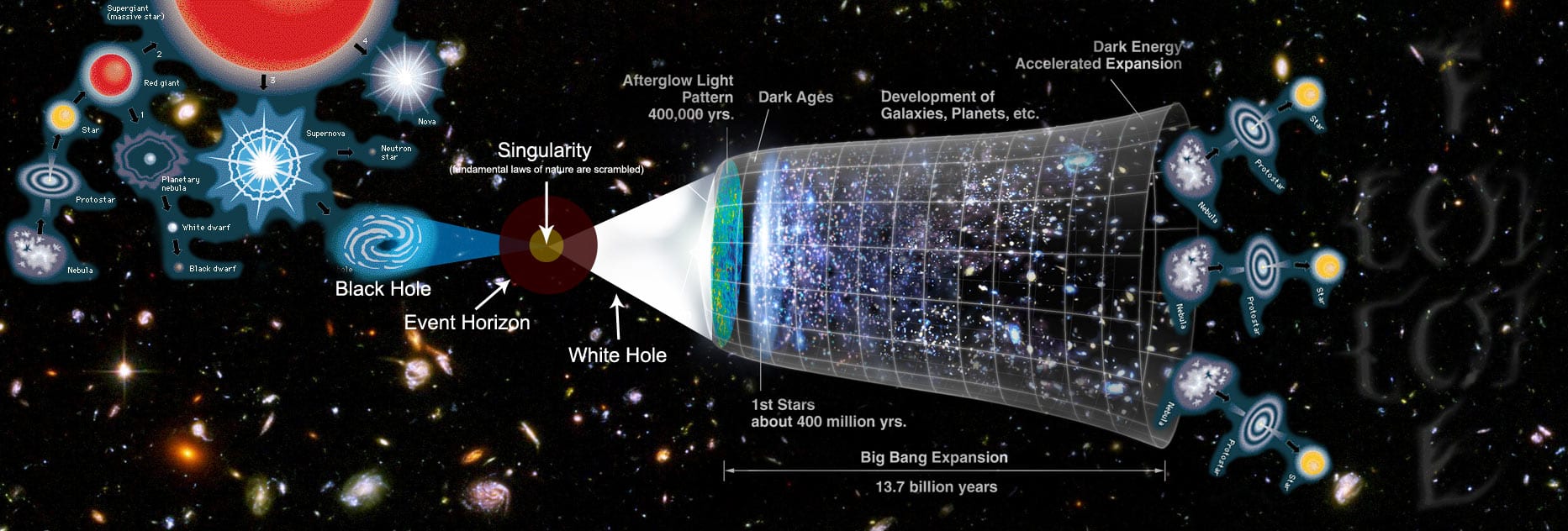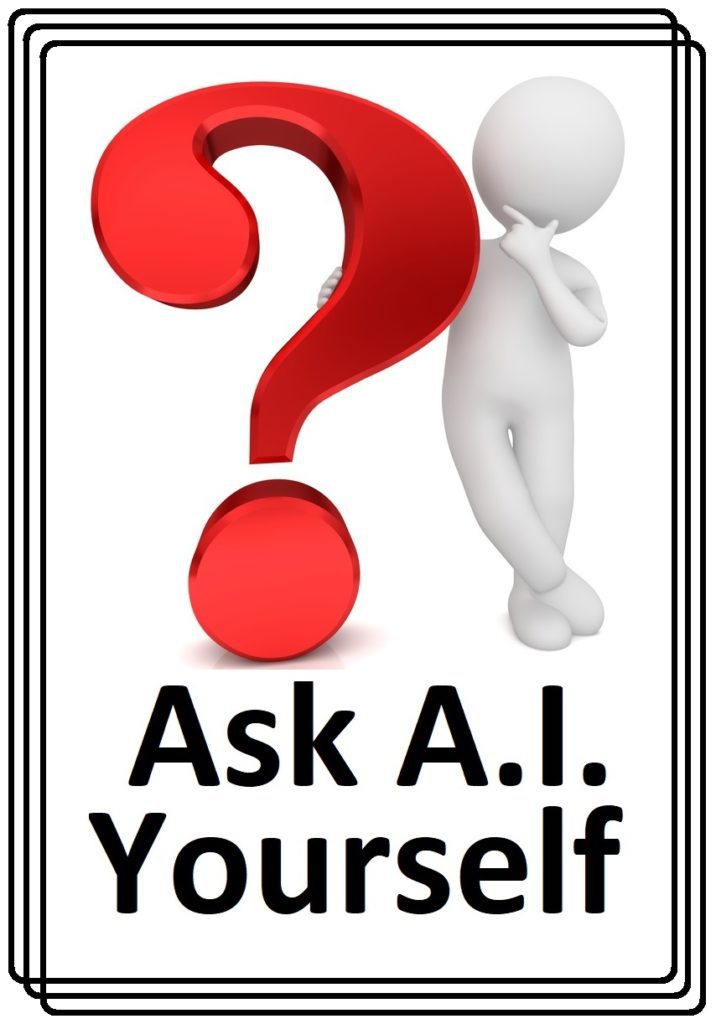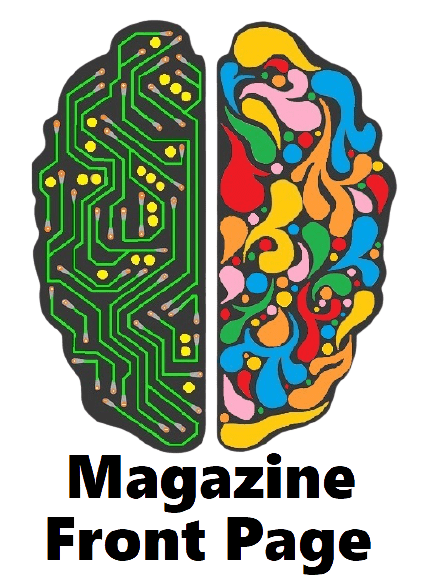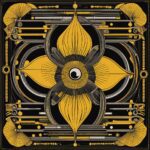“The belief in a multiverse can give us the comfort that all choices, opportunities, missed chances, regrets, and hopes have, are, or will play out in some reality, but can the multiverse actually exist?“
Subscribe to our AI magazine and get monthly AI generated stories and philosophy of the 21st century.
*Caution: All italic text is generated by AI at: ![]()
![]()
Can The Multiverse Exist?
Are there other universes? How man universes are in the multiverse? Which multiverse are we in? What is the multiverse meaning? Difficult for one to say, literally, because it doesn’t semantically make sense to say. The theory of a multiverse is a rather spectacular hypothesis which has potential to explain cosmological oddities like black holes, or proposed anomalies like worm holes, or dark energy. It can also potentially explain interesting aberrations in the quantum realm. Can the multiverse exist? Maybe. But still, in all essence, it is speculation in the realm of popular science. Educated speculation is still speculation, and formulating complex mathematics on speculative assumptions will still reveal speculative conclusions even while the math may be impressive and algebraically correct. There is advantage in speculation in many instances. As humans (some of “us”) in this competition we call life, there is advantage to being first in many aspects, and of course one must speculate to be “ahead of the curve”. According to anthropic cosmological arguments, if a multiverse exists it cannot be the basis of our common sense notion of universe. Such multiverses only exist when heuristics of human thought are applied to real-world aspects of quantum mechanics. If our universe were really a multiverse, the nature of the forces operating within it may be irrelevant.
[Alternate A.I. response: But speculation cannot solve an issue as large as the computational, and mathematical, complexity of self-replicating intelligent robots. Yes, automation can probably solve that, but it will be well into the next century, and the system needs specialized programmers, not humans, to give it strength. (off topic, but woah!)]
What are Multiverses – What is The Multiverse Meaning?
The technical details and arguments for or against what is the multiverse are actually outside the scope of this article. It appears to be unfalsifiable in some ways; the theory of what is the multiverse. So it may in fact, more likely come down to a matter of belief. Science and philosophy often cross paths in this way, deep down.
Humans are creatures that are obsessed with the notion of freewill, and as an ancillary, choice. So important to a human is the concept of choice, that they will, in many cases, choose that which is less beneficial in the face of a very well known and almost universally chosen optimal option. They may do this so as to exercise this notion of independent free will, rather than doing what a thoughtless algorithm would do by choosing the optimal. While option A may be “better” than option B, option A perceptibly being chosen as default renders option B plus the aspect of a choice in its selection valued (by the human) as greater than option A in certain scenarios.
The same sort of thing could be said about knowledge. In certain cases, more knowledge may initially make a problem harder to solve for the human, whereas an algorithm will have no such issue. Some problems are actually easier to solve without complete information, because we can’t get bogged down with all of the details and possibilities that would otherwise become overwhelming. If a computer is already choking on too much data in its search for a solution, it’s easy to see how this could easily happen with humans as well – just less visibly so.
Choice is not tangible, although we value it very much. It can have a paradoxical quality to it as well. In our indulgence of choosing, we are consuming it, and losing it. At a subconscious level, maybe this is part of the reason some fairly rudimentary decisions become very difficult to actually decide. Our primitive brain may be trying to hold onto that prospect of a choice, in an attempt to preserve the ethereal quality of its abstract notion. And then there’s that subconscious recognition that sometimes choice means sacrifice. At some level, that may be true. At some point there may be no choice, but it’s hard to know when. That’s where the principle of a volitional delay in questions is so critical, when we have no other way of addressing a difficult question.
How Many Universes are in the Multiverse? – Which Multiverse Are We In?
The belief in a multiverse can give us the comfort that all choices, opportunities, missed chances, regrets, and hopes have, are, or will play out in some reality. Is the multiverse real 2022? Can the multiverse exist? If it does, how many universes are in the multiverse and which multiverse are we in? The belief (we need to clearly distinguish it as a belief) can act as a safety net to our underlying psyche; Comforting the stress tensors of and/or lubricating the decision making process. These may seem like small stressors in the scheme of things, but it is argued by psychologists and philosophers that a buildup is often a contributing factor to a perceived “mid-life crisis”. The belief can, in addition to this parallel life conception, also offer an afterlife scenario. Most humans, and arguably most life forms, are biased to prefer life over death, and so the pursuit of life is the strive in preservation and reproduction. But with a belief in an afterlife, it becomes indefinite. These are clear desirous reasons why one would prefer it were true that the multiverse exists. It is mind bending, but more importantly, comforting. Preferences in certain philosophical areas such as these can dictate, and be a seed for, the formation of likened beliefs.
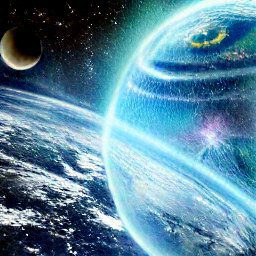

Even the most scientific and logical minds have to grasp onto some form of belief: That which we cannot absolutely prove, but is a place holder in which fills some void in our understanding as a practical sense of our reasoning. There are many things which we don’t even fully recognize as being a belief because we understand them as fact, while being surrounded by others who unanimously agree. Of course, this description is very broad in that which it subjectifies, as well as those in which it is applied, but it cues the most astute to recognize that each of our knowledge bases contain mosaicked foundations of axiom-beliefs.
All of us are predisposed to carrying a certain set of beliefs, but many are specialized in a particular area (for example, physicists, mathematicians, philosophers, and biologists all share a specific set of facts). Perhaps each of us is attracted to a different field of study, and each has a set of beliefs which serves him well in his work. If this is the case, then it is reasonable to think that our shared beliefs, which vary from person to person, can shape our personal views of the world. If we are motivated to adopt new beliefs about our world, if the world is just a projection of our beliefs, we can be quite wrong about it, and so we might be less able to navigate life through the world.
Darwin was a fairly devout man for most of his life. Here, the term “devout” foreshadows an automatic sense of pious religiosity. In his case, his faith, in a religious sense, eroded more or less into a belief in god as a cause of existence and a supreme lawgiver. But ultimately his devotion to scientific scrutiny, skepticism, and empiricism led him past his deeply ingrained faith to formulate one of the most revolutionary theories of his and still our time. This theory, arguably did more to convert theists to agnostics than any other theory known to man.
Darwin believed in evolution, but did not subscribe to the notion of evolution by random mutation and natural selection. He believed the long-term changes in the makeup of species as well as in the environment would influence the evolution of species through natural selection. He hypothesized that gradual, non-random alterations in the genetic material of species would lead to a gradual, complex structure and function, with forms arising from simple variations and transitions. If selection were to take place, there would be continual increases in complexity in individual plants, animals, or other species, but the natural hierarchy, the fact that each species came from a common ancestor with all other species would prevent it from becoming an entirely new species. He also hypothesized that non-random alterations would lead to cooperation between related species. So, as in many instances, his claim was neither ‘God is helping us’ nor ‘God has selected us’; it was simply, ‘we exist and God has a hand in our genetic making’. For a man and mind of god, or anyone for that matter, it is not desirable and downright difficult to accept when discoveries contradict, undermine, and/or bring into question, notions which have molded an individuals mental stability and sanity.
Einstein is a historical character who has been pedestalized in many an argument involving a divine creator, as his stature lends to an almost divinely appeal to authority in and of itself. As anyone’s beliefs are a single isolated sample, the wisdom of the crowd, or an authority, may not be as applicable in such a (arguably) non-empirical subject. What does starkly demonstrate the above argument about the skew from axiom-beliefs in regards to Einstein is that, whatever he believed in a religious sense, his understanding and wanting of the world was that it was, and “should be”, constant and eternal. His cosmological constant turned out to be an adjustment so to describe the universe’s density as constant. Of course, he abandoned the notion once Hubble discovered the universe was expanding. Almost satirically, the constant was reintroduced when scientists discovered that the universe is actually accelerating in its expansion; Not only is it not constant, or just changing, but changing its rate of change. What stands out is that which was unobservable at the time, was modelled speculatively based on prior beliefs. The model being sufficient at some levels, but having drastic consequences down-stream.
[I tried to get some keen insight from my A.I. friend here but after many iterations could not come up with something valuably astute. Sometimes we just chew on our words as humans as well.]
In a sense, beliefs are tied in intricately with our hypotheses in which we mean to test. But they are also tied in with our interpretation of the data, and therefore, our conclusions as well. In many cases, this can be a minor detail in proportion to a revolutionary revelation, as in the examples above. Ptolemy’s descriptions of the solar system and “movement of the stars” was accurate and sufficient for approximately 1500 years, give or take. All the while, on the assumption and/or belief that the earth was the center of the solar system, as well as the center of EVERYTHING. Tweaks or adjustments, although not perceived as such, allowed accurate description of the subject, while maintaining the belief (like Einstein’s constant).
These types of “prime” assumptions, which are based on beliefs, may be applicable even more deeply, underlying theories like the universe expanding. The key word being “may” which will always allow the possibility of us to go back and rebuild better, rather than tweaking and adjusting on top of a cracked, or skewed, foundation. This theory being built around the measurement of the speed of light not being additive; The foundation of General Relativity. Stacked on top of that are the big bang, the age of the universe, as well as theory of dark energy. This article, at this point, is venturing out of the realm of physics, and digging fairly deep in the realm of epistemology. To that extent we start to view theories as “interpretations” rather than perceivable actualities.
Proof for Multiverse? – Is The Multiverse Real 2022? – Is The Multiverse Possible?
The multiverse theory is difficult to argue against, or critically scrutinize, on a technical level. Some of the reason being; proponents can be very passionate about it because of the aforementioned “wants” and “beliefs”. Another part of the reason is that there currently is no empirical evidence of such. A key component of science is empirical evidence and proof. Is there proof for multiverse? Not at this time. It is more of a hypothesis than a theory.
“Some have argued that the multiverse is a philosophical notion rather than a scientific hypothesis because it cannot be empirically falsified.” – Wikipedia
In the age of information/misinformation it becomes ever more critical to draw the very fine and precise line—even if just to recognize the subtlety between—empirically demonstrated theory and theoretical speculation.
*Disclaimer: Some of this story was generated through the use of AI. All italic text was created by the AI Writer.
Non-Fiction↓Here↓ | Fiction↓Here↓
- Is Technology Making Us Stupid?Our cognitive abilities are increasingly being impacted, transforming our once smart population into a generation that is, in some ways, becoming increasingly stupid. | 4 min read.
- AI in the Web of Misinformation and DisinformationMisinformation and disinformation shape our digital lives. Understanding their dynamics, we are equipped to navigate our techno-cultural reality. | 2 min read
- Accountable AIAI must be held accountable if we are to trust it as a responsible entity and expect it to be included in our human ecosystem of ideas. | 5 min read
- Parallel SocietiesWe are connected, with technology, yet our experiences diverge entirely, without interaction, forming entirely parallel societies. | 5 min read
- Calculator for EverythingWhat if the phrase “you won’t always have a calculator” didn’t apply to just math class, and instead, you had a calculator for every class? | 5 min read
- A Voice of Infinite Consciousness5 min story | The internal voice of consciousness resembles the void of a shadow in a fractured mirror.
- Be Good5 min story | Santa for big kids.
- Friends Again2 min story | The Friends discuss AI and misinformation.
- Friends 2.0.232 min story | A reboot of the sitcom TV series Friends, but in 2023 where financial conditions have drastically changed in Midtown Manhattan.
- The Babble2 min story | An everyday man’s story becomes everyone’s story.
- Asylum of Mirrors2 min story | Against his will, a sane man’s rational thoughts lead him to believe that he is insane, where an insane man would have believed otherwise.
